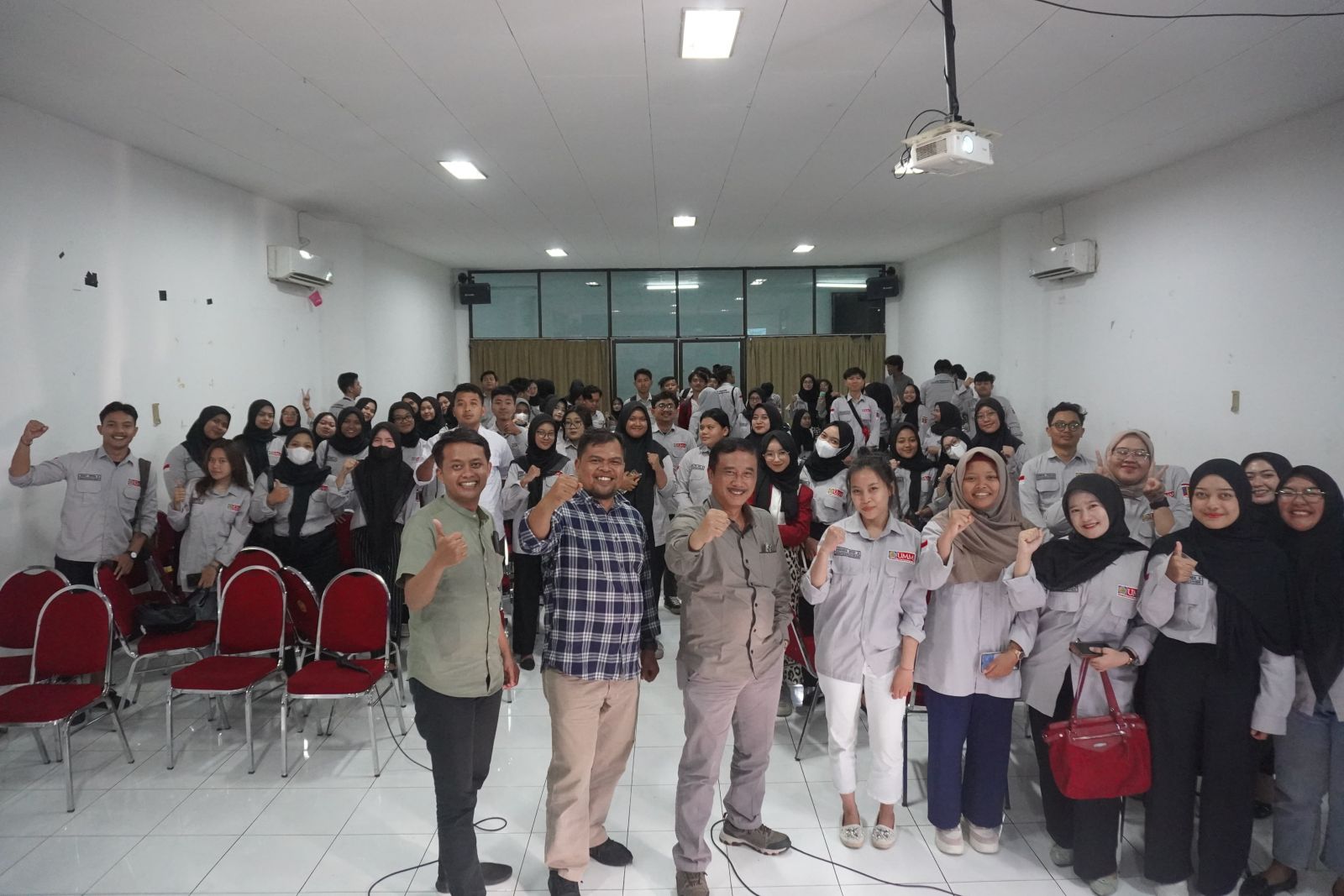
Malang, January 17, 2024 — The Government Studies Program at the University of Muhammadiyah Malang (UMM) held a workshop aimed at enhancing the competence and capacity of its students in the field of community empowerment. UMM has introduced a Competency Test (UKOM) for its students, certified by the National Professional Certification Agency (BNSP). The workshop featured two speakers: Prof. Oman Sukmana, M.Si, and Abdus Salam, S.Sos., M.Si.
“Through empowerment, a group of people can become self-reliant. Ideally, after the empowerment process, the community should sustain itself. Unfortunately, in many cases, once empowerment projects are completed, the community fails to continue the activities, leading to low sustainability. Often, this happens due to a lack of commitment and responsibility among the community members. A facilitator plays a crucial role in motivating the community, as people tend to look for instant solutions,” explained Prof. Oman Sukmana, M.Si.
He further elaborated, “A facilitator's role is to organize meetings to formulate and identify community issues and determine their needs. Facilitators must also assess village resources, both human resources, such as community empowerment cadres, and non-human resources that can be utilized. The next step is to design a comprehensive community empowerment program.”
The workshop included not only theoretical presentations but also practical discussions. Students engaged in case studies on community empowerment projects, identifying problems and proposing solutions as facilitators. After the discussions, students presented their findings and solutions.
“In community empowerment, there are no teachers or students—everyone is both a teacher and a learner. In the '101 Empowerment' approach, we follow the '9 DP Theory,' which emphasizes humility in interacting with people to gain their trust and sympathy. Participatory Rural Appraisal (PRA) is used to determine whether a community is truly empowered. This method ensures consistency in data collection from the household level to the Ministry of Social Affairs. PRA enhances traditional development approaches by emphasizing full community involvement in initial studies, planning, implementation, monitoring, and evaluation. Ultimately, the success of an empowerment initiative depends on the facilitator,” explained Abdus Salam, S.Sos., M.Si.
